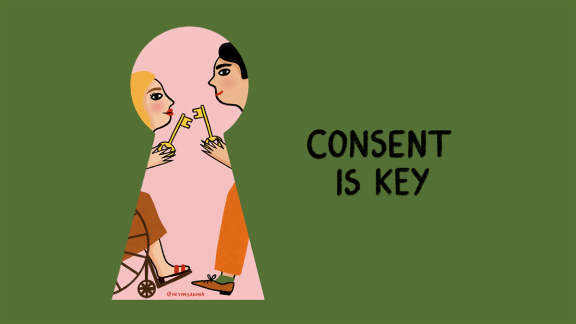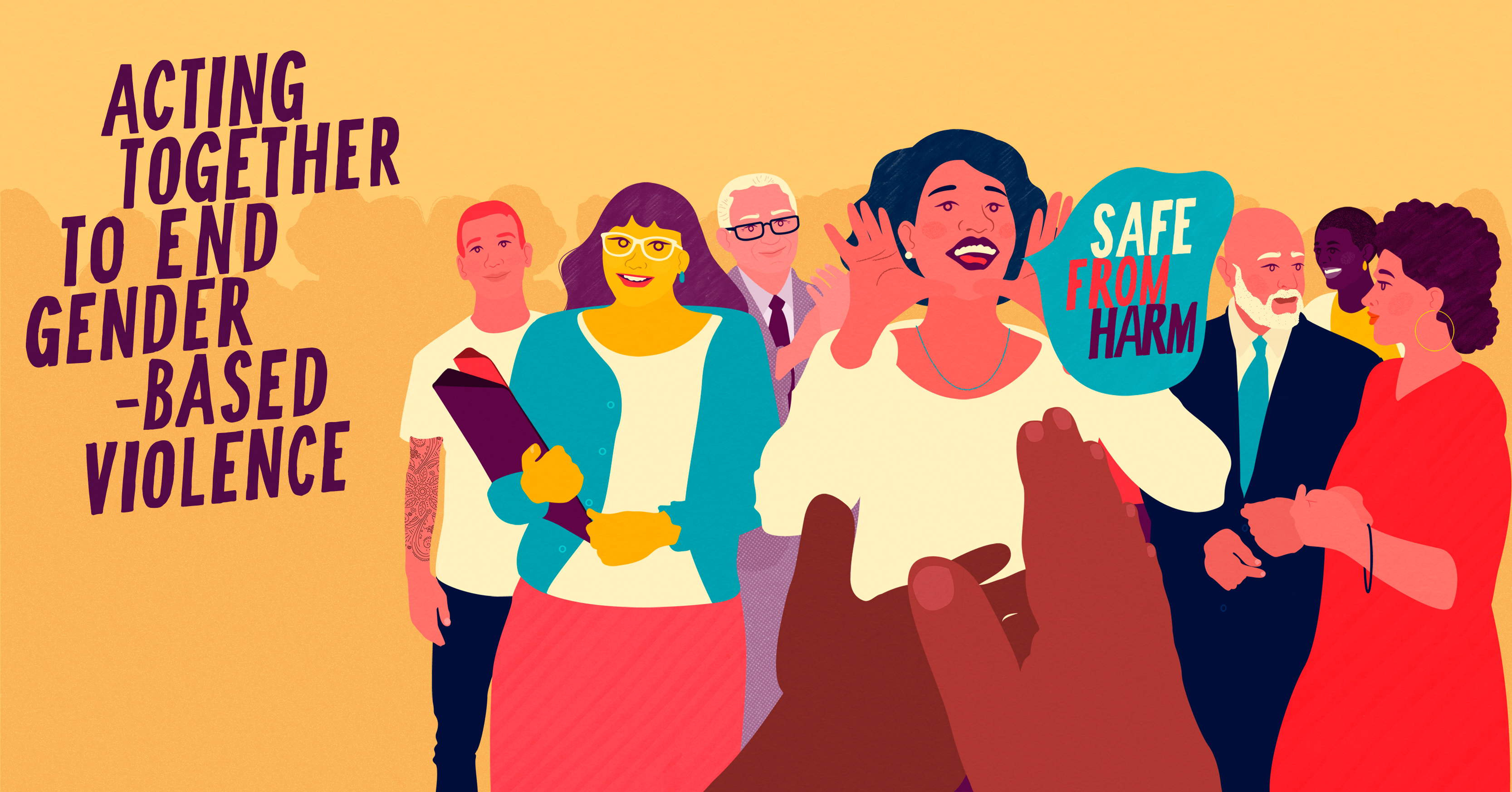As we mark the 10th anniversary of the entry into force of the Council of Europe Istanbul Convention, this is an opportunity to reflect on the profound impact and continuing challenges associated with this groundbreaking treaty. Signed in 2011, the Istanbul Convention remains the first and only legally binding European treaty dedicated solely to combating gender-based violence (GBV).
Its comprehensive framework addresses everything from prevention to support services and access to justice, encompassing a wide range of forms of violence. It also offers protection without discrimination and focuses on dismantling prejudices and harmful stereotypes. In short, it saves lives.
A Groundbreaking Framework
The Istanbul Convention was a pioneering step forward in the fight against gender-based violence. Its text remains as relevant today as it was a decade ago.
The Convention has had a ripple effect beyond its immediate sphere. For instance, the European Union’s Directive on Violence Against Women (VAW) draws significant inspiration from the principles enshrined in the Istanbul Convention. Unfortunately, when the Directive was adopted in 2024, EU governments failed to back EU-wide criminalisation of rape with the consent-based definition mandated by the treaty. Despite this missed opportunity, EU Member States will have to raise public awareness of the fact that sex without consent is a crime. The Directive also tackles forms of online violence which were not addressed by the Convention.
Opposition and Backlash
The journey of the Istanbul Convention towards ratification has not been without resistance. Several countries have faced internal opposition to the treaty, often fuelled by disinformation and anti-gender rhetoric. In the case of the European Union, not all Member States have ratified the Convention. As of today, 38 countries have signed and ratified the Convention, but while all EU Member States have signed it, 5 still have not ratified it. Countries like Czechia, Hungary, Lithuania, and Slovakia remain outliers, with the Czech Republic recently rejecting ratification and Bulgaria deciding it’s unconstitutional. Turkey remains the first and only country to withdraw.
The influence of anti-gender fake news, often propagated by countries like Russia, has played a significant role in this resistance. These discourses spread disinformation about the content and intentions of the Convention, creating significant barriers to its adoption and implementation.
The EU’s Accession Journey
The European Union’s accession to the Istanbul Convention has also been fraught with difficulties, due to the opposition of a minority of countries. After a long-term struggle, the EU finally acceded to the Convention in June 2023, though only on two legal bases. This partial accession underscores how the safety of women continues to be politicized to the point that achieving unanimous support for something as straightforward as protecting women from violence becomes difficult.
Implementation Challenges
Despite the Istanbul Convention's robust framework meant to ensure the safety of women & girls everywhere, its national implementation has faced numerous hurdles. Governments have dragged their feet when it comes to enshrining consent-based definitions of rape in national law much like when EU Member States failed to adopt a EU Directive against violence including criminalisation of rape with the consent-based definition.
Many EU Member States still have laws with outdated definitions of rape based on use or threat of force by the perpetrator, as opposed to absence of consent by the victim. They ignore the realities that many survivors face in the context of rape, overlook the fact that a person can rape without using physical force or violence, and enable significant impunity for perpetrators.
As of now, only 14 EU Member States* define rape explicitly as non-consensual sexual intercourse. However, even among these countries, the definitions and applications of consent can differ significantly. For instance, Germany adheres to a "no means no" standard – meaning survivors need to prove that they verbally refused to engage in sexual acts; while Sweden includes an additional offense of 'negligent rape' to make it possible to get justice for survivors in cases where courts found that while the intent to knowingly disregard the victim’s lack of consent could not be proven, the perpetrator had failed to clarify whether or not consent was being given, and therefore should have stopped and asked.
Building Beyond the Foundation
While the Istanbul Convention remains a crucial foundation in the fight against gender-based violence, it should not be viewed as the sole compass guiding this struggle.
The Convention also fails to identify comprehensive relationship and sex education as a key prevention measure and a way to improve young people’s understanding of consent, enabling them to identify sexual violence, discouraging them from perpetrating it, and empowering them to report it.
Furthermore, although the Convention applies without discrimination to all population groups, it does not fully take an intersectional approach, and fails to mention specific groups particularly at risk, such as women human rights defenders and public figures.
All states must continue to build upon the Istanbul Convention’s foundation, expanding and updating legal and policy frameworks to address emerging forms of violence and ensuring that protection and support are inclusive and comprehensive.
We call on all states not only to finally uphold the standards set by the Istanbul Convention, but to also pioneer new paths in the fight against gender-based violence, ensuring that all forms of violence are addressed, and all survivors receive the justice and support they deserve. Let this anniversary serve as a reminder of our collective responsibility and a call to action for a future free from gender-based violence.
*These countries include Belgium, Croatia, Cyprus, Denmark, Finland, Germany, Greece, Ireland, Luxembourg, Malta, the Netherlands, Slovenia, Spain, and Sweden.
Illustration: Sakina Saidi for IPPF x Fine Acts
when
Subject
Sexual and Gender-Based Violence












